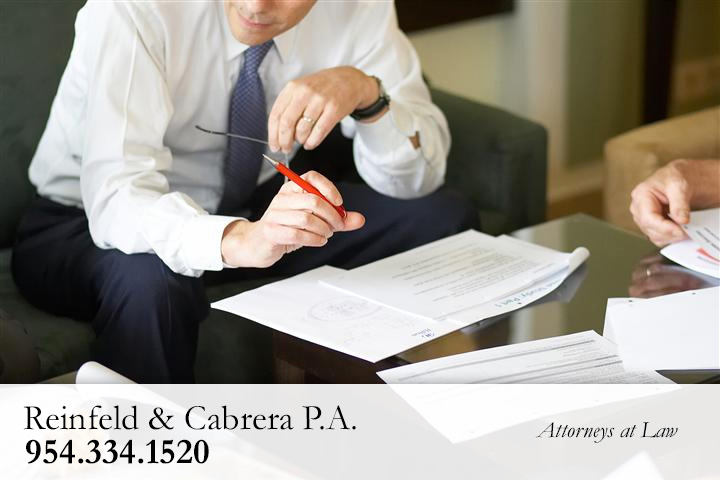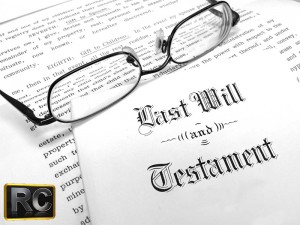
If you have found yourself wondering “what is guardianship?” then you need the help of a guardianship attorney from Reinfeld & Cabrera P.A. Guardianship is an extremely important legal aspect of life that requires deep thought. With the assistance of a guardianship attorney you will be ensuring that the guardianship over you and your loved ones will be in the best of hands. Without a guardianship attorney by your side you could run the risk of leaving this significant legal aspect up to the courts, who essentially are strangers to you and your loved ones.
Firstly it is important to understand what a guardian is. As per the Florida State Court a guardian is a “replacement decision-maker appointed by the court to make either personal and/or financial decisions for a minor or for an adult with mental or physical disabilities”. In understanding what a guardian is, you should now realize that there are two types of guardianship roles that need to be considered.
1. Guardianship over a minor:
As your child’s parents you will be your child’s natural guardian. As natural guardian you may, in general, act for your child. However, in the unfortunate event of you and your child’s other natural parent dying or becoming incapacitated, the law in Florida will call for a court appointed guardian for your child. Furthermore if your child receives an inheritance or proceeds of a lawsuit or insurance policy exceeding the amount allowed by statute, Florida law requires the court to appoint a guardian for your child. It is good to know that you can designate a guardian for your child in your will. Having a guardianship attorney assist you will ensure that the future of your children is left in the hands of your chosen guardian rather than left up to the courts.
2. Guardianship over an adult:
Should you or an adult loved one lose the ability to make decisions adult guardianship may be appointed. If the Florida court finds a person is so impaired that they are considered incapacitated the court will give the decision making rights of the incapacitated person to someone else. Adult guardianship is only necessary when there are no other less restrictive alternatives (such as durable power of attorney, trust, health care surrogate or proxy, or other form of pre-need directive) available. Interestingly the family can choose a guardian. If the family is able to agree on who should be the guardian, the court will most often accept that choice.
Once minor or adult guardianship has been appointed there are a number of things to consider such as what does a guardian do; is a guardian accountable; is a guardian liable for debts; and, is guardianship permanent? With the help of an experienced guardianship attorney from Rienfeld & Cabrera P.A. all these concerns will melt away and become an easier legal aspect to navigate.


 Professional
Professional 
 If you are trying to find out exactly what does a trust cover, you have come to the right
If you are trying to find out exactly what does a trust cover, you have come to the right 
 There are many ways to go about finding the right attorney in Coral Springs. Although it may seem an overwhelming task, finding the right attorney is easier than you think. We at Reinfeld & Cabrera P.A. feel that finding the right attorney goes beyond simply sourcing an attorney you need to identify an attorney who suits you personally. Below is a rundown of our advice to help you in finding the right attorney in Coral Springs.
There are many ways to go about finding the right attorney in Coral Springs. Although it may seem an overwhelming task, finding the right attorney is easier than you think. We at Reinfeld & Cabrera P.A. feel that finding the right attorney goes beyond simply sourcing an attorney you need to identify an attorney who suits you personally. Below is a rundown of our advice to help you in finding the right attorney in Coral Springs.